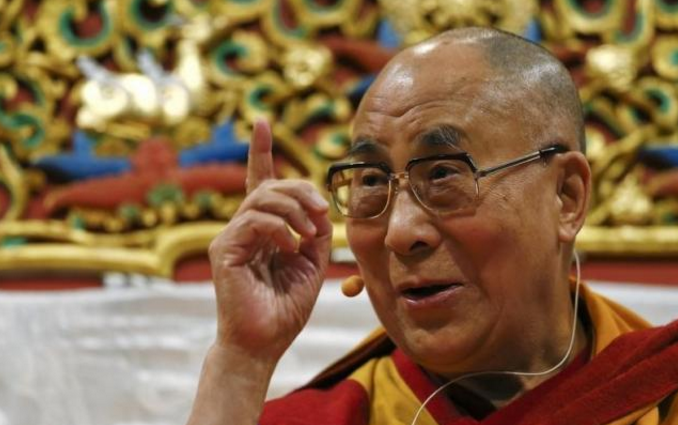China released an online database of Living Buddhas in Jan. 18, in a bid to thwart impostors from swindling masses.
This database contains details of 870 people who have been registered as Living Buddhas. The release of the said database was done during a ceremony conducted by Buddhist Association of China in Guangji Temple, Western Beijing.
Tibetan Buddhism believes that after their death, soul of religious leaders is re-incarnated within others. These people, who are believed to be a manifestation of the earlier spiritual head, are well-regarded as the Living Buddhas.
Many impostors pose as Living Buddhas to dupe masses seeking spiritual guidance. To curb this practice, Buddhist Association of China started issuing certificates to recognized Living Buddhas since 2010, and the recently launched database is a further step in this direction.
The online database is designed as an inquiry website, where users are required to use their mobile numbers to access the interface. Once users accessed the website, they will immediately receive a code where they can use to check the authenticity of a Living Buddha. Users can search one's authenticity by using the Living Buddha's birth name, religious name, temple or identity card number. The website, however, is limited only to five searches per mobile number.
According to China Real Time (a blog under Wall Street Journal), online database was launched both to pre-empt fake Buddhas, as well as to stop all fraud money being used for separatist movements. Dalai Lama, one of the most well-known Buddhist leaders in Tibet, is regarded as a separatist by Chinese government, and has not been included in Living Buddha database.
Al Jazeera states that online database was launched after an impostor Wu Darong duped his followers, including actor Zhang Tielin. So far, the database has elicited positive response from some Living Buddhas.
In its official website, China's State Administration of Religious Affairs mentions that the database shall promote religious education of public, standardize re-incarnation of Living Buddhas, and to promote community awareness of Tibetan Buddhism and other Buddhist groups.



























